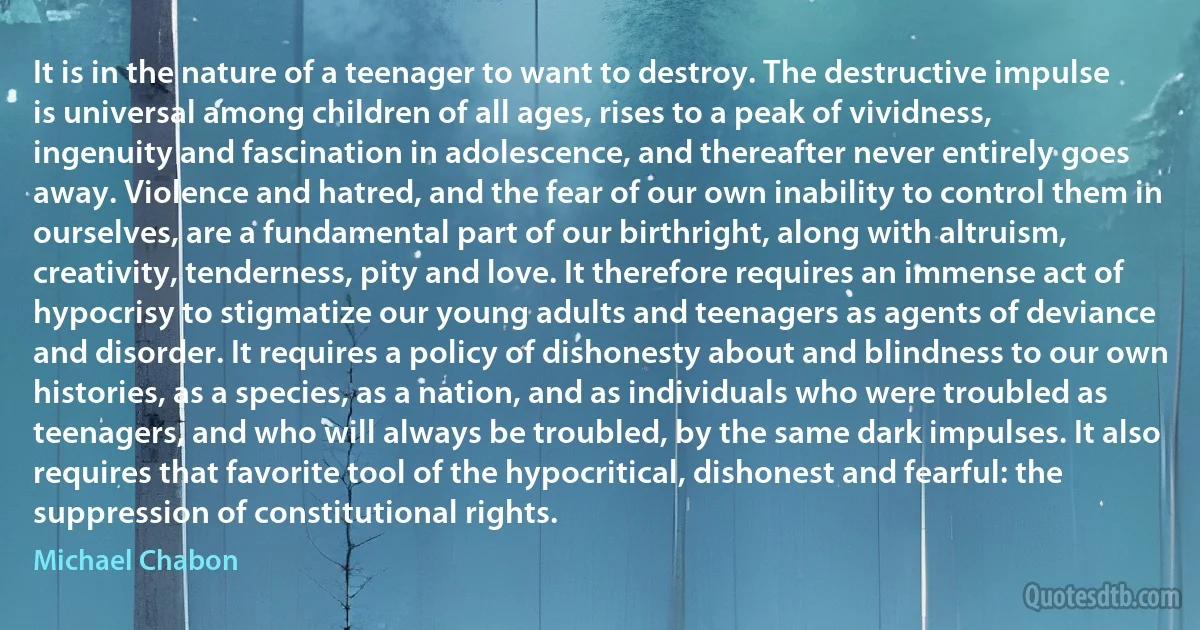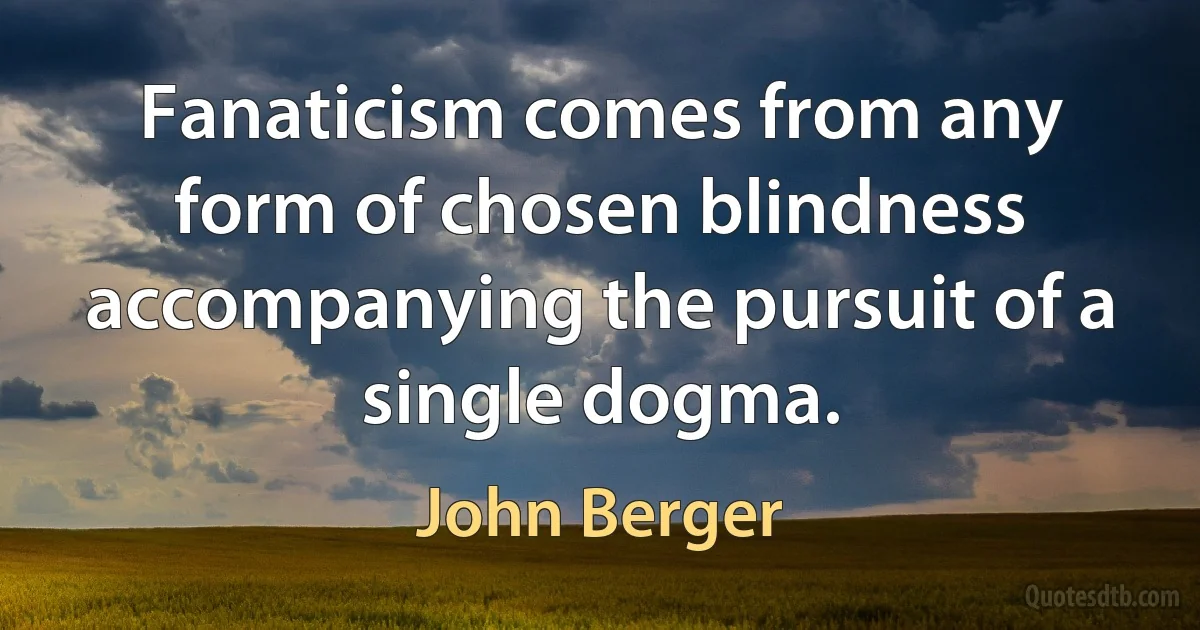Blindness Quotes - page 3
According to my first birth I am nothing but unclean slime and dust of earth, conceived and born in sin from my mother's womb, and educated all my life in all manner of ignorance, sin and blindness, until the clear light of grace and knowledge appeared unto me from high heaven and which has given me such a heart, will and desire, that I willingly seek after that which is good, and strive, with holy Paul to "follow after, if that I may apprehend that for which also I am apprehended of Christ Jesus," Phil. 3: 12.

Menno Simons
I have just been thinking that the Blaue Reiter (Blue Rider) does not really represent my work. I have always been convinced that other things of mine are more important. ... Narcism, fake heroism, and blindness have a lot to answer for, in the 'Blaue Reiter'. All those high-sounding words about the birth of a great spiritual moment still resounding in my ears. Kandinsky can air his personal opinion about that or any other revolution he cares to mention. But I dislike the whole thing. ... Take my advice – work, and don't spent so much time thinking about blue riders or blue horses.

August Macke
Blind. The apprentice thought, "we are blind", and he sat down and wrote Blindness to remind those who might read it that we pervert reason when we humiliate life, that human dignity is insulted every day by the powerful of our world, that the universal lie has replaced the plural truths, that man stopped respecting himself when he lost the respect due to his fellow-creatures.

José Saramago
I am just as deaf as I am blind. The problems of deafness are deeper and more complex, if not more important than those of blindness. Deafness is a much worse misfortune. For it means the loss of the most vital stimulus -- the sound of the voice that brings language, sets thoughts astir, and keeps us in the intellectual company of man.

Helen Keller
AMBITION is to the mind, what the cap is to the falcon; it blinds us first, and then compels us to tower, by reason of our blindness. But alas, when we are at the summit of a vain ambition, we are also at the depth of real misery. We are placed where time cannot improve, but must impair us; where chance and change cannot befriend, but may betray us; in short, by attaining all we wish, and gaining all we want, we have only reached a pinnacle, where we have nothing to hope, but every thing to fear.

Charles Caleb Colton
In France at least, the history of science and thought gives pride of place sciences, sciences of the necessary, all close to philosophy: one can observe in their history the almost uninterrupted emergence of truth and pure reason. The other disciplines, however - those, for example, that concern living beings, languages, or economic facts - are considered too tinged with empirical thought, too exposed to the vagaries of chance or imagery to age old traditions and external events, for it to be supposed that their history could be anything other irregular. At most, they are expected to provide evidence of a state of mind, an intellectual fashion, a mixture of archaism and bold conjecture, of intuition and blindness. But what if empirical knowledge, at a given time and in a given culture, did possess a well defined regularity.

Michel Foucault
The difference between the past and present selves of the same individual is so great as to make them different persons for all moral purposes. That single fact we were just speaking of-the fact that no man would care for vengeance on one who had injured him, provided he knew that all memory of the offence had been blotted utterly from his enemy's mind-proves the entire proposition. It shows that it is not the present self of his enemy that the avenger is angry with at all, but the past self. Even in the blindness of his wrath he intuitively recognizes the distinction between the two.

Edward Bellamy
After all, of what use is it to search for a creator? The difficulty is not thus solved. You leave your creator as much in need of a creator as anything your creator is supposed to have created. The bottom of your stairs rests on nothing, and the top of your stairs leans upon nothing. You have reached no solution. The word "God” is simply born of our ignorance. We go as far as we can, and we say the rest of the way is "God.” We look as far as we can, and beyond the horizon, where there is nought so far as we know but blindness, we place our Deity. We see an infinitesimal segment of a circle, and we say the rest is "God.”.

Robert G. Ingersoll
Though "none by searching can find out God, or the Almighty to perfection," yet I am persuaded, that if mankind would dare to exercise their reason as freely on those divine topics as they do in the common concerns of life, they would, in a great measure, rid themselves of their blindness and superstition, gain more exalted ideas of God and their obligations to him and one another, and be proportionally delighted and blessed with the views of his moral government, make better members of society, and acquire many powerful incentives to the practice of morality, which is the last and greatest perfection that human nature is capable of.

Ethan Allen
Like racism and sexism, statism is the kind of moral vice that tends to enter the soul through self-deception, semi-conscious osmosis, and a kind of Arendtian banality, rather than through a forthright embrace; it is a form of spiritual blindness that can, and does, infect even those who are largely sincere and well-meaning.

Roderick Long
Gazing into the golden rage of the sun shreds vision into scraps of light and darkness. A white sun is congealed from patches of light, floating ephemerally at the edge of blindness. This is the illuminating sun, giving what we can keep, the sun whose outpourings are acquired by the body as nutrition, and by the eye as (assimilable) sensation. (...) Mixed with this nourishing radiance, as its very heart, is the other sun, the deeper one, dark and contagious, provoking a howl from Bataille: ‘the sun is black'. From this second sun-the sun of malediction-we receive not illumination but disease, for whatever it squanders on us we are fated to squander in turn.

Nick Land



